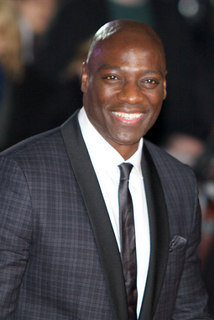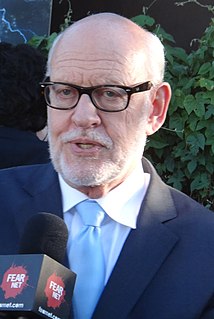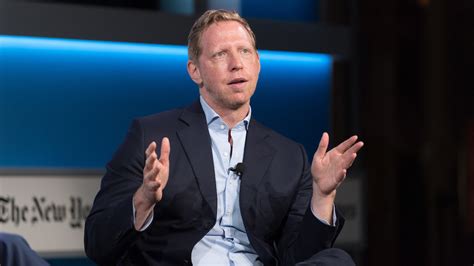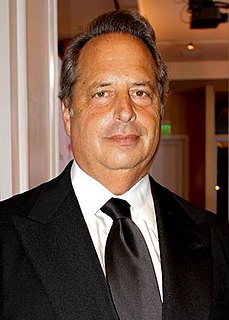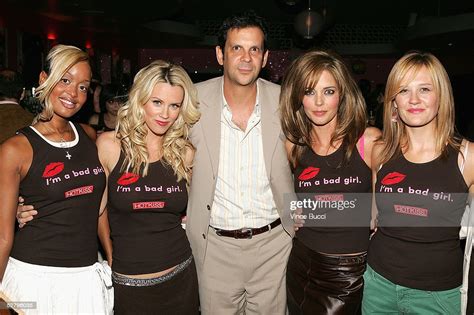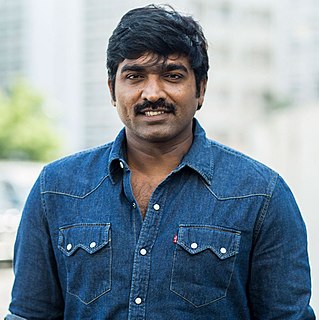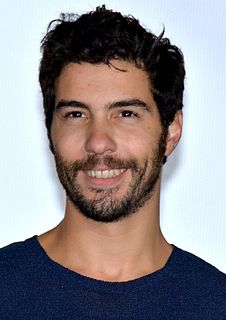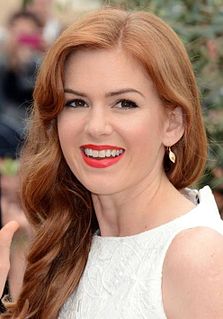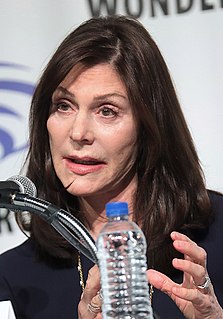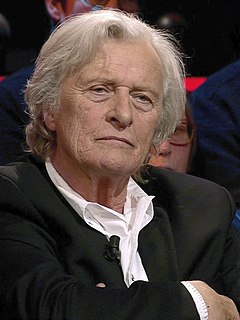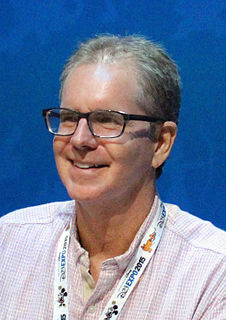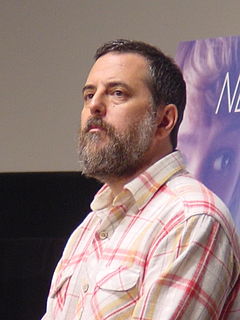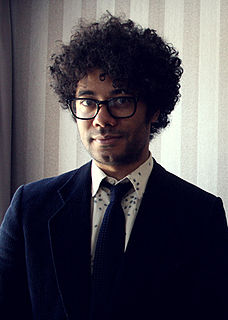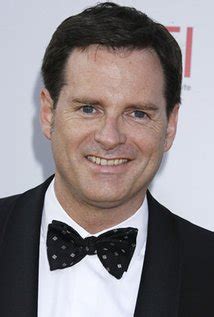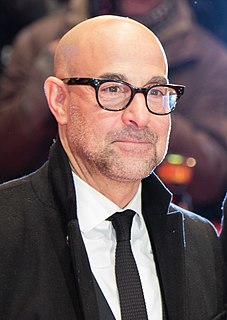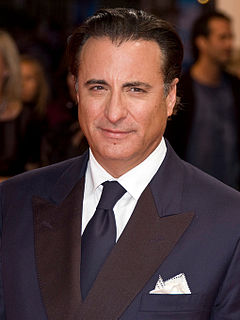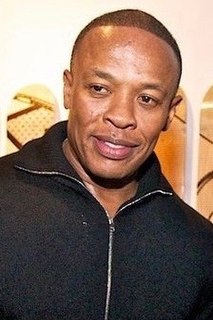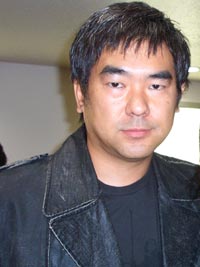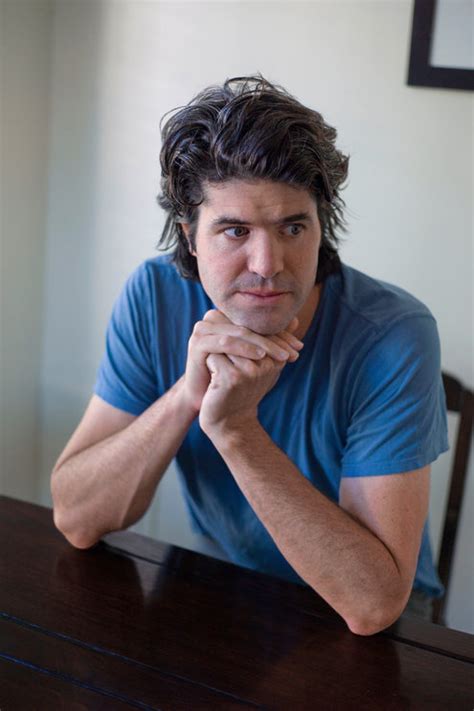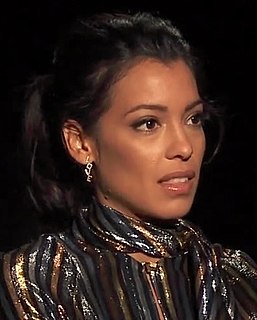Top 1200 Movie Director Quotes & Sayings
Explore popular Movie Director quotes.
Last updated on December 25, 2024.
I remember in the Carpenter version, you got acquainted with the characters and really knew them. It was a real character piece. Each actor was serviced in the movie, and we tried to do that in this movie as well. I like the fact that there was a European, first-time director. I'd known of him because I'm from Europe. I knew him as a commercial director and thought one of his commercials was great. I thought it was an interesting take on such a big-budget cult classic.
I kind of joke with myself that you shouldn't be able to be a creative producer if you weren't a first AD. Because it is such fantastic training for really understanding what everyone does, and how the movie actually gets made. You have to know if you're the first you're kind of the set general, you're at the director's right hand, you know everything about how a director puts a movie together, you know everything about how a movie gets made.
With a director it's all about the work; I'd work with a great director over - you know, I'm not the kind of actor who that doesn't go, 'I want to play this role.' It's more like, 'I want to work with this director,' regardless of what the role is because if it's a good director, you'll probably find a good role because it's a decent film. But a mediocre director will always make a mediocre movie.
I think the whole nostalgia for the forty year gap for [Sylvester] Stallone was bigger than the movie [Creed], but it's good because the movie still gets recognized with Stallone's involvement. I'm sure the director [Ryan Coogler] is still proud of his film, but it's very hard to nominate a director.
Giancarlo Giammetti has a lot of nervous energy. He's a director, really. He was trying to direct the Valentino movie over my shoulder. I don't blame him - that's been his job for 50 years. But I had final cut in the movie by contract and I wouldn't have made the movie if I had not been completely independent.
The director makes the movie. The director has to have the story in their head, has to know the style of the piece, has to answer questions from actors, design, set, lighting, every department throughout the pre-production, production, and post-production, because they've got it in their mind. They've got to know exactly what they want and what the style and story of the movie is. It's them. They make it.
The director is the most important because, ultimately, as an actor, when you watch a movie, it looks like an actor is giving a performance, and they kind of are. But, what's actually happening is that an actor has given a bunch of ingredients over to a director, who then constructs a performance. That's movie-making.
I think I'm an extremely conscientious producer and now equally as a director and it gives me the opportunity to look at the entire movie and really allow the movie to be the creative vision of the actors, the writer and myself, because I'm in charge of it from a producer and a director point of view.
What's interesting as a director, and even studio executives don't understand this, is that if you're directing a $200 million movie with six million people, it's the same as directing a $25,000 movie with three people. The director's job is, "You stand there and do that," or "This is the shot I want." The logistics change, but the job remains the same. And I enjoy the job.
I think one third of my work is with first-time directors because I think I should, you know? Really, the difference between a first-time director and a second- or third-time director - I mean there's no director who makes enough movies anyway - but if they're talented, they have it. And there is no movie that is perfect.
You have to accept that the moment you hand a script to a director, even if you've written it as an original script, it becomes his or her movie. That's the way it has to be because the pressures on a director are so staggering and overwhelming that if he or she doesn't have that sort of level of decision making ability, that sort of free reign, the movie simply won't get done. It won't have a vision behind it. It may not be your vision as a screenwriter, but at least it will have a vision.
